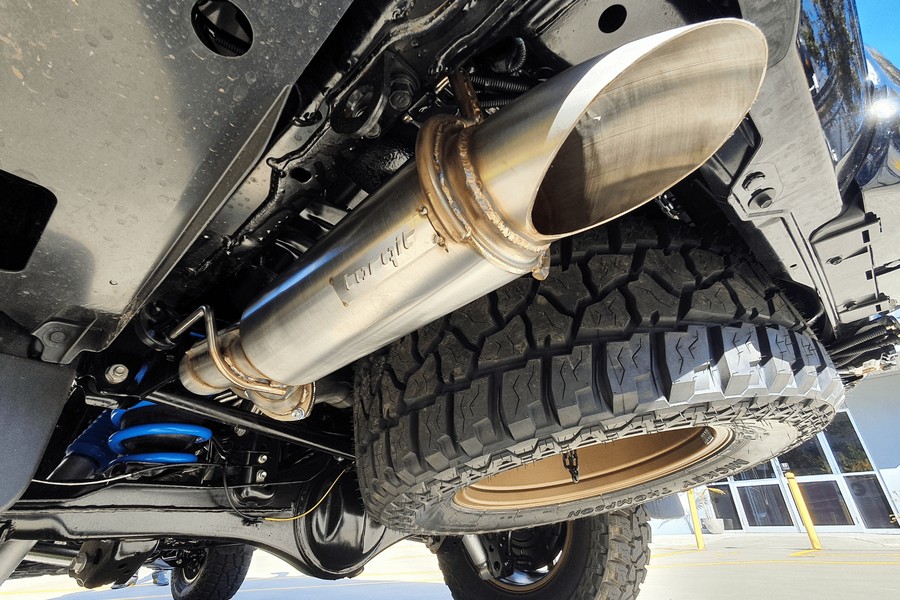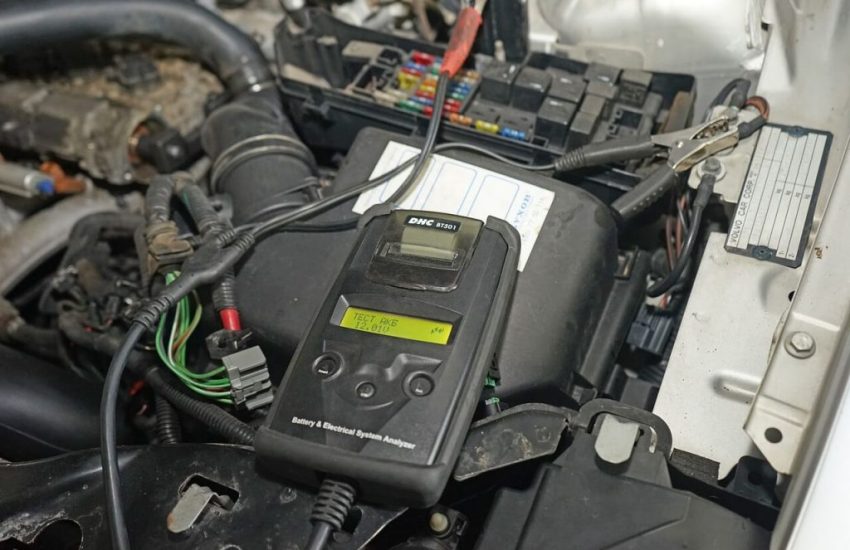How Exhaust Pressure Changes Point to Muffler Trouble
Exhaust backpressure refers to the resistance that exhaust gases encounter as they flow through the exhaust system, including the muffler. Under normal conditions, backpressure helps maintain the engine’s performance by ensuring proper scavenging of exhaust gases. However, when backpressure levels change due to muffler issues, it can affect engine efficiency and signal potential problems within the exhaust system. Keeping track of exhaust pressure can provide valuable insight into the health of your muffler and the overall exhaust system.
How Muffler Damage Affects Exhaust Pressure
The muffler plays a key role in managing exhaust pressure. It helps reduce engine noise while regulating the flow of exhaust gases out of the engine. When the muffler is damaged—whether due to rust, perforations, or internal blockages—it can cause an imbalance in exhaust pressure. A clogged or broken muffler restricts the flow of gases, leading to increased backpressure. If you notice a sudden drop in vehicle performance, such as reduced acceleration or rough idling, it may be due to this pressure buildup. These changes in exhaust pressure are often among the first signs of muffler trouble.
Signs of Increased Exhaust Backpressure
A malfunctioning muffler can result in excessive exhaust backpressure. Symptoms of this include poor acceleration, sluggish engine response, and even stalling. You may also experience difficulty with engine starting or rough idling. If your vehicle has a noticeable loss of power or struggles to climb inclines, it could indicate that the muffler is blocking exhaust flow, causing excessive pressure. If your car is equipped with a backpressure gauge, you can track these changes directly. However, even without a gauge, performance issues are a strong indicator that exhaust pressure is higher than it should be.
Effects of High Backpressure on Engine Performance
High backpressure not only hinders the exhaust system’s function but can also negatively impact engine performance. When the engine is unable to expel exhaust gases efficiently, it can cause a buildup of harmful gases in the combustion chamber, leading to incomplete combustion. This results in reduced fuel efficiency, increased emissions, and even damage to vital engine components like valves, pistons, and the catalytic converter. Therefore, any changes in exhaust pressure are critical to monitor as they directly affect your car’s power, fuel economy, and long-term engine health. The choice of Auto Repair in Red Lion, PA based services is essential here.
Addressing Exhaust Pressure Problems Early
If you notice signs of exhaust pressure problems, such as decreased engine performance or rough idling, it’s important to have your muffler and exhaust system checked immediately. Early detection and repair of muffler issues can prevent further damage to the entire exhaust system and other engine components. Regular maintenance and inspections are essential to ensure that exhaust pressure remains within optimal levels, allowing your vehicle to run efficiently and smoothly. By staying aware of changes in exhaust pressure, you can catch muffler problems early and save yourself from costly repairs down the road.


